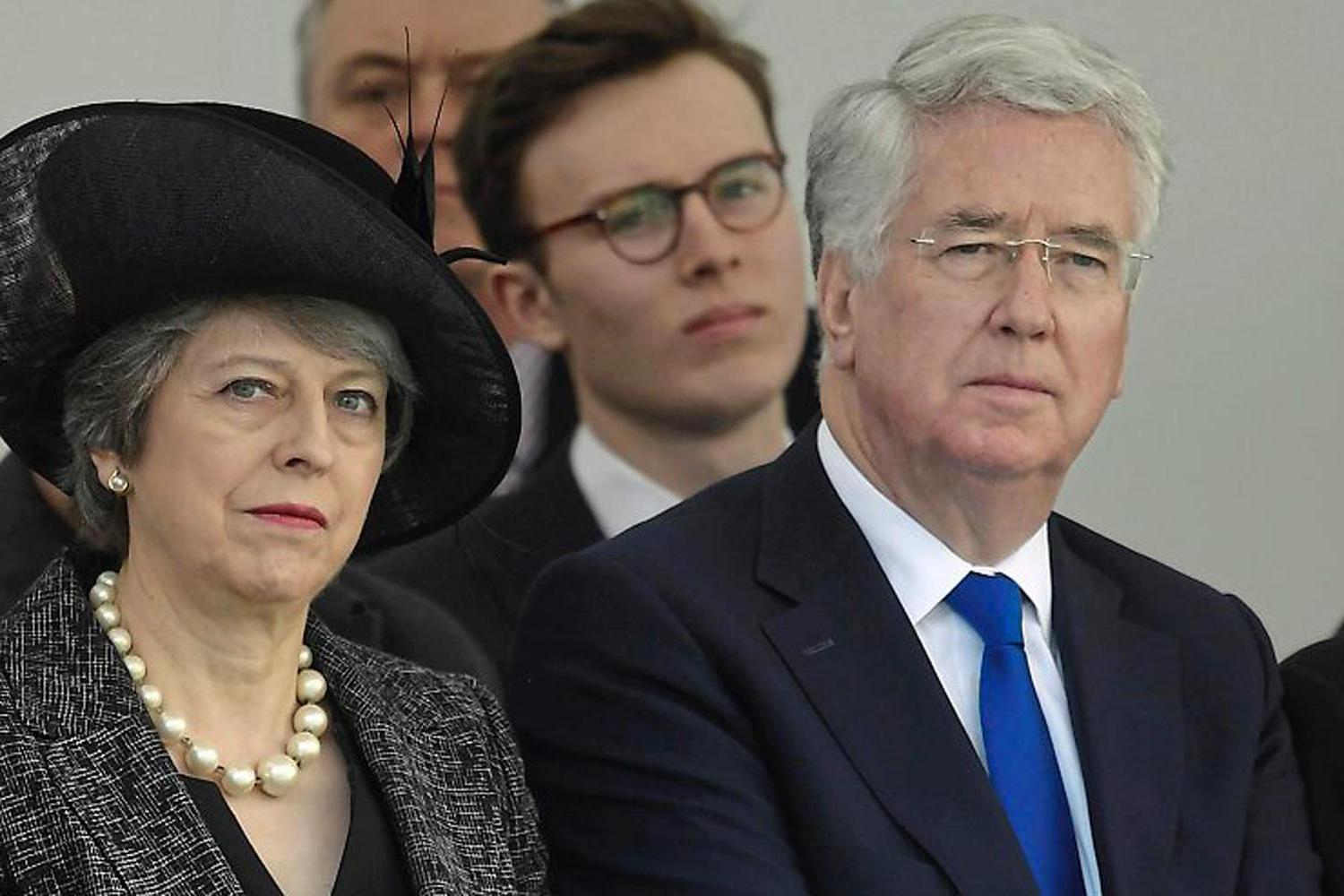
There’s never a good time for a feeding frenzy to break over a political system, but it is difficult to envisage many worse times for the British parliament and government than now.
The two major parties – Conservatives and Labour – are currently trying to come to terms with their post-Brexit referendum statuses. The Conservative minority government, meanwhile, has yet to exhibit much sureness of touch in its actual Brexit negotiations. Add to that the natural instability that comes with a minority government, and the populist insurgency that seems to have taken over the Labour party, and you already have a febrile atmosphere in the Westminster parliament.
Into all of this has broken a new and not entirely unpredictable scandal. It is to do with sexual harassment by MPs towards their employees and its tentacles are embracing both parties as well as having just claimed the scalp of a cabinet minister.
The origins are difficult to pinpoint. Some suggest that the Harvey Weinstein scandal has opened the floodgates for similar revelations at Westminster. Others point to the tawdry digital past of one of Labour’s newly elected MPs, Jared O’Mara, which last week forced the party to suspend him after a drip-feed of ever appalling revelations about his attitudes towards women in particular, all helpfully preserved on digital forums.
Wherever they originate though, British political sex scandals always seem to steer relentlessly towards the Conservative Party, and so it has proved again this time. It didn’t take long for a spreadsheet of sin to be widely circulated amongst journalists, featuring exclusively Conservative MPs, ministers and former ministers. Amongst the early figures to be named were junior minister Mark Garnier, for allegedly having his PA procure sex toys, and former Cabinet minister and leadership contender Stephen Crabbe, for sex-texting a 19 year old woman after interviewing her for a job. The spreadsheet, however, was reputed to contain some 40 named Tory MPs, and soon two senior members of the government found themselves having to respond to accusations of variable veracity.
First Secretary – and effective Deputy Prime Minister – Damian Green was accused by a former family friend of making suggestive comments to her. He vigorously denied it and has at the time of writing instructed lawyers. In truth, the accusations against Green – made by his accuser in a prominent article for the Times newspaper – seemed so thin as to almost disappear into the atmosphere, but it has nevertheless consumed his energies and diverted his own political energies for the past few days, as well as prompting an investigation by the Cabinet Secretary.
The other senior Cabinet minister to be engulfed was Defence Secretary Michael Fallon. He placed his hand on the knee of a female acquaintance at a conference dinner 15 years ago. The lady in question, journalist Julia Hartley-Brewer, a prominent talk radio host, soon went public to claim that the incident was fully resolved by Fallon with an apology at the time, and was of the utmost insignificance. Bizarrely, despite this, it is Fallon who has now resigned. In what must be the first example of Minority Report style “pre-crime” affecting politics, Fallon resigned because of possible future accusations and not over “knee-gate” as it became known. To date, no further accusations have been forthcoming.
As to the 38 or so other Tory MPs on the list, whose names were redacted in published versions, several have now outed themselves on the grounds that the list contained so much fabricated material that this was the only way to discredit it effectively.
The focus on traditional Conservative sexual shenanigans has diverted attention away from the more serious allegations of rape advanced by a former Labour researcher against an MP. She has claimed that the then Labour leadership, during Ed Miliband’s time as leader, told her that she should keep quiet about being raped lest it affect her future career. In the wake of this, right-wing political blog “Guido Fawkes” has compiled a list of the rather more serious allegations currently afflicting Labour, which have yet to achieve the same prominence as the Tory ones.
All the while, Theresa May is gamely trying to continue the business of government and Brexit negotiation. She may even have pulled a canny political move with the promotion of her former chief whip, the youthful Gavin Williamson, into the vacant post of Defence Secretary. While much has been made of some Tory MPs’ anger at what they perceive to be a self-promoting coup by Mr. Williamson, somewhat in the manner of “House of Cards”, there is no doubting that he brings the first injection of fresh air into the Cabinet in some time. Mrs. May might also have given Williamson’s future prime ministerial ambitions a boost at a time when no cabinet minister can claim much support or authority as an alternative leader.
It is difficult to predict how long the sex scandals will consume Westminster. There is no sign of media interest drying up just yet. Nevertheless, when it does, attention will have to return to a landscape in which both parties can be seen to be somewhat adrift, unsure where to garner their support and flummoxed by how to deal with the complex and uncertain Brexit scenario. Or whether Brexit will even happen. As one wag commented on twitter, it would be a typically British affair to derail Brexit with a sex scandal.



